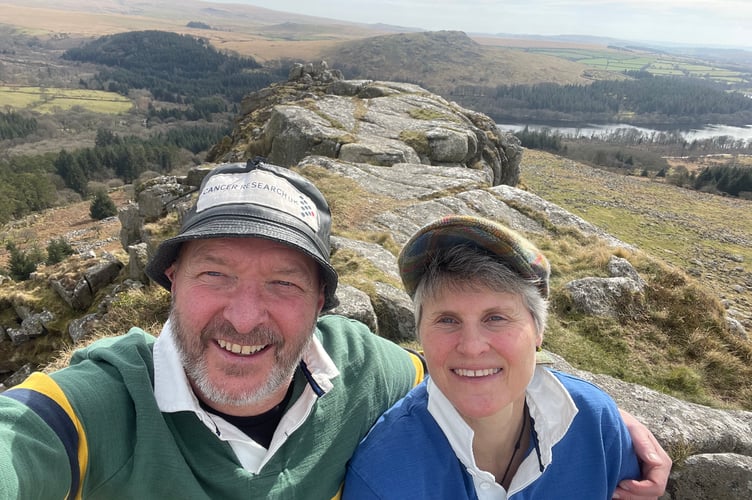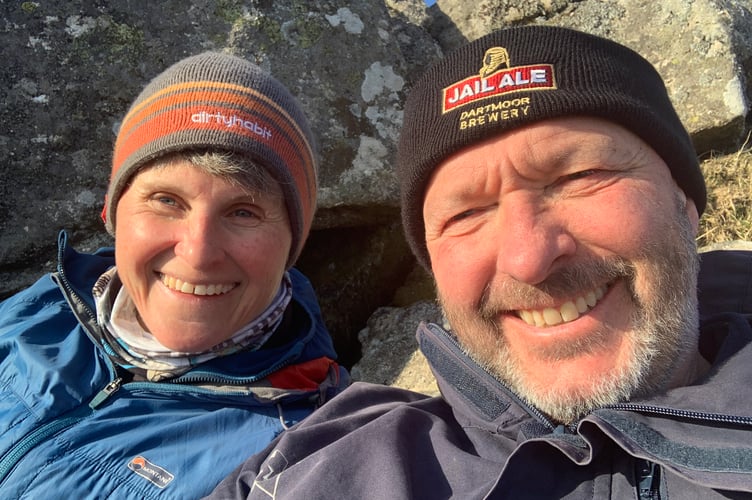There are few places in England where the spirit of true wilderness still breathes freely. Dartmoor, with its sweeping tors, misty valleys, and ancient granite outcrops, is one of them. For decades, it has offered a rare and precious freedom: the right to wild camp. As someone who has spent much of my life in some of the most remote corners of the planet, I can say with certainty that Dartmoor holds a unique magic — and a vital role in reconnecting us with nature.
Wild camping on Dartmoor is not about pitching up with barbecues and Bluetooth speakers. It’s about simplicity, solitude, and stewardship. It’s about carrying everything you need on your back, leaving no trace, and waking to the sound of skylarks and the rustle of wind through heather. It’s a rite of passage for many young adventurers, a classroom without walls, and a sanctuary for those seeking peace in a noisy world.
But this freedom is under threat.
Recent legal challenges have questioned whether people should be allowed to wild camp on Dartmoor without landowner permission. This strikes at the heart of what it means to be a commoner — not in the legal sense, but in the deeper, older sense of being part of a shared landscape, with shared responsibilities. The right to wild camp is not a licence to abuse the land; it is a covenant to care for it.
In my expeditions across the Arctic and high mountain ranges, I’ve seen what happens when access to wild spaces is restricted to the privileged few. We lose not only our connection to the land but also our understanding of how to live lightly upon it. Dartmoor offers a rare counterpoint — a place where people from all walks of life can experience the raw, unfiltered beauty of nature.
Of course, with freedom comes responsibility. Wild campers must respect the land, follow the Dartmoor National Park Authority’s code, and leave no trace. Education, not exclusion, is the answer to misuse. Let’s teach the next generation how to pitch a tent without scarring the earth, how to listen to the land, and how to tread gently.
Preserving the right to wild camp on Dartmoor is about more than access. It’s about identity, heritage, and the kind of society we want to be — one that trusts its people to act with care, or one that fences off nature behind “No Trespassing” signs.
My wife Sam says, “Having lived on Dartmoor for 54 years my teenage experiences taking part in the Ten Tors Challenge shaped my love for wild camping and my life to this very day.”
Let’s not lose this precious freedom. Let’s protect it, nurture it, and pass it on.
Because in the end, wild camping on Dartmoor isn’t just about sleeping under the stars. It’s about remembering that we belong to the land, not the other way around.
Jim McNeill is an explorer and founder of Warrior Citizen Science. He lives in Princetown.







Comments
This article has no comments yet. Be the first to leave a comment.